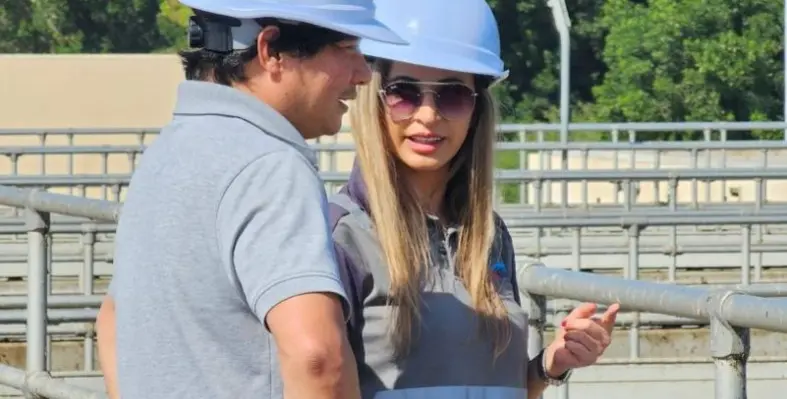On International Women’s Day, Technical Review Middle East caught up with Veolia wastewater plant's manager, Solange Ghantous. She seeks to inspire women to take charge in a field that continues to favour male employees. Sania Aziz reports:
Solange Ghantous joined the Veolia Group in 2017 in Lebanon, where she delved into wastewater operations before relocating to the UAE as a plant manager for the Al Wathba Abu Dhabi Wastewater Treatment Plant.
In this pivotal role, she oversees all aspects of plant operations and maintenance, ensuring efficiency and compliance with regulatory standards, and advocating for diversity and inclusivity for women in leadership roles.
Speaking to Technical Review Middle East, Solange spoke about the Al Wathba plant, explaining that it “is one of the biggest wastewater treatment plants in Abu Dhabi.”
“It incorporates various technologies and treatment processes providing extensive opportunities for acquiring knowledge and experience.”
The plant has an average flow of 300,000m3/day with a tolerance capacity of 345,000m3/day. According to Veolia, the quantity of sludge produced at full capacity is 32,000kg DS/day on average.
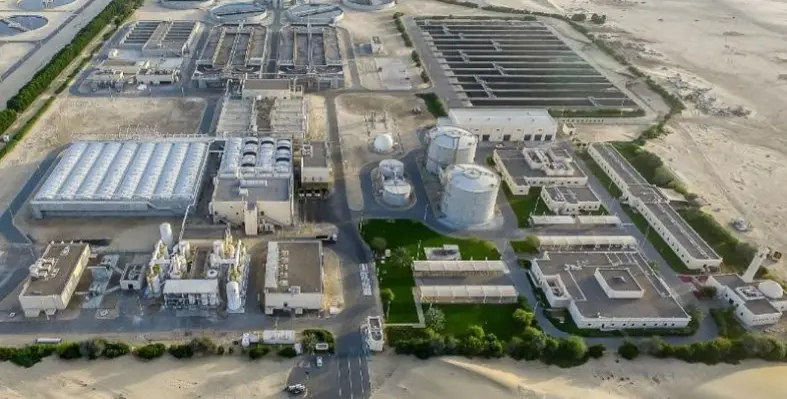
The plant was commissioned in January 2012, and its peak flow to pre-treatment capacity hits 25,000m3/h.
The owner of this plant is Al Wathba Veolia Besix Waste Water PJSC, a Special Purpose Company which was incorporated in 2008 for this specific project. It is a joint-venture between the government of Abu Dhabi, represented by Abu Dhabi Water and Electricity Authority (ADWEA), and two private companies – Veolia and Besix.
Dealing with industry-specific challenges
Some issues continue to persist in the industry. Solange echoed a common lament shared by professionals in the wastewater sector, about ageing infrastructure, which is giving credence to increased maintenance costs.
“Rapid population growth and urbanisation also strain wastewater treatment facilities, resulting in higher volumes of wastewater that can overwhelm existing infrastructure and systems,” explained Solange.
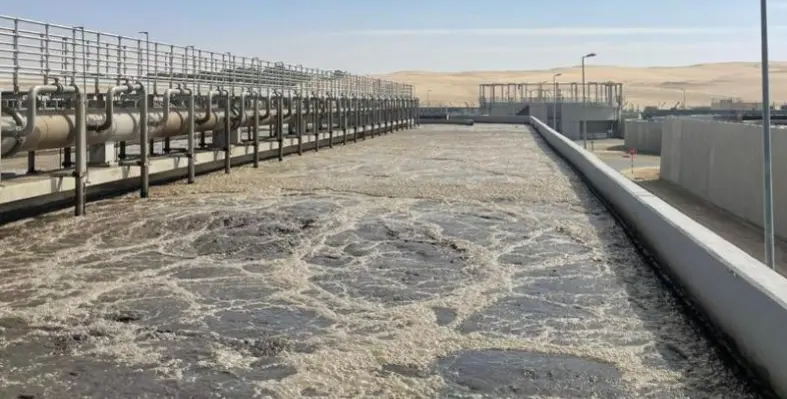
The plant treats wastewater for Abu Dhabi's 1.5 million-strong population in its urban areas.
“Additionally, the presence of contaminants such as pharmaceuticals and microplastics poses significant challenges. There are also challenges like climate change, managing energy consumption, and reducing the carbon footprint.”
New technology
The industry can stay resilient in the face of these challenges, provided it is quick to adapt to improved methods of treatment.
“In the wastewater industry, there are several trends shaping the landscape,” added Solange, explaining that “one prominent trend is the shift towards sustainable treatment methods, including the use of renewable energy sources and the implementation of water reuse and recycling systems.”
“Another key trend is the adoption of advanced treatment technologies such as membrane bioreactors (MBRs) and reverse osmosis (RO) to enhance treatment efficiency and water quality. Also, digitalisation and automation are becoming increasingly prevalent, allowing for more precise and efficient wastewater management processes.
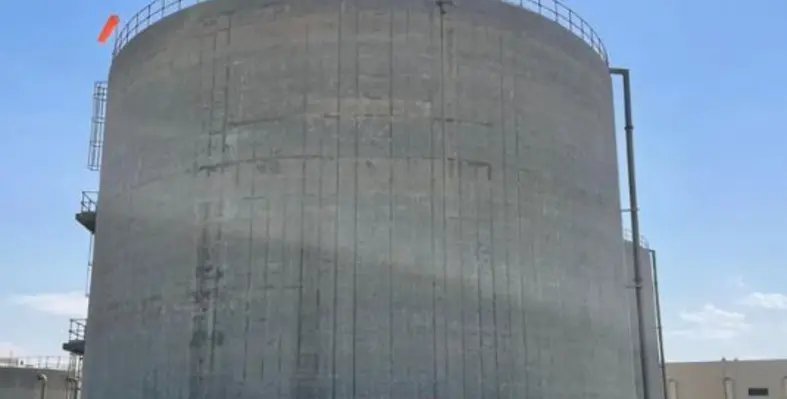
In the digesters, volatile organic matter is reduced by utilising anaerobic bacteria in the absence of oxygen. The biogas that is generated has a high proportion of methane and is partly used to heat the digester during the cooler season.
“Additionally, there is a focus on resource recovery such as energy from wastewater through processes like anaerobic digestion,” Solange added.
Solange has a message for young women looking to join the water industry.
“In a male-dominated field like wastewater treatment, I thrived and created my own path despite challenges. I found inspiration in making a meaningful impact on environmental sustainability and in my determination to excel.
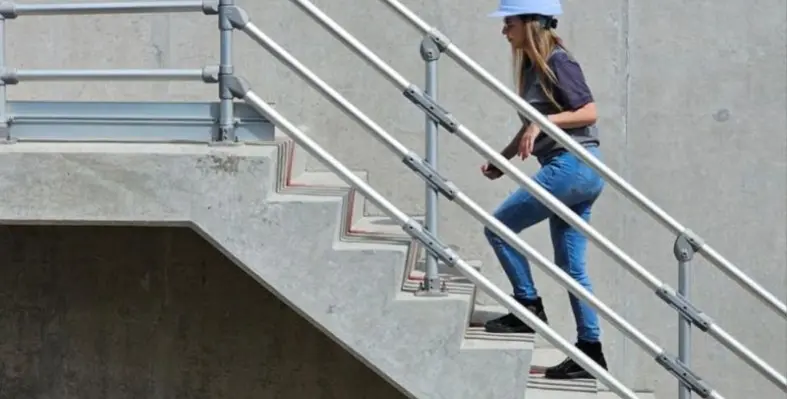
Veolia is part of a large number of corporates that are successfully creating a diverse workforce.
“My advice to young women aspiring to enter this field is to believe in themselves, embrace challenges, stay resilient, and aspire to be role models for future generations.
“I'm proud to work for a company that leads the way in environmental services, with a focus on sustainability and innovation. Veolia's inclusive culture and commitment to excellence make it a great place to work, and I'm excited to continue making a positive impact.”





